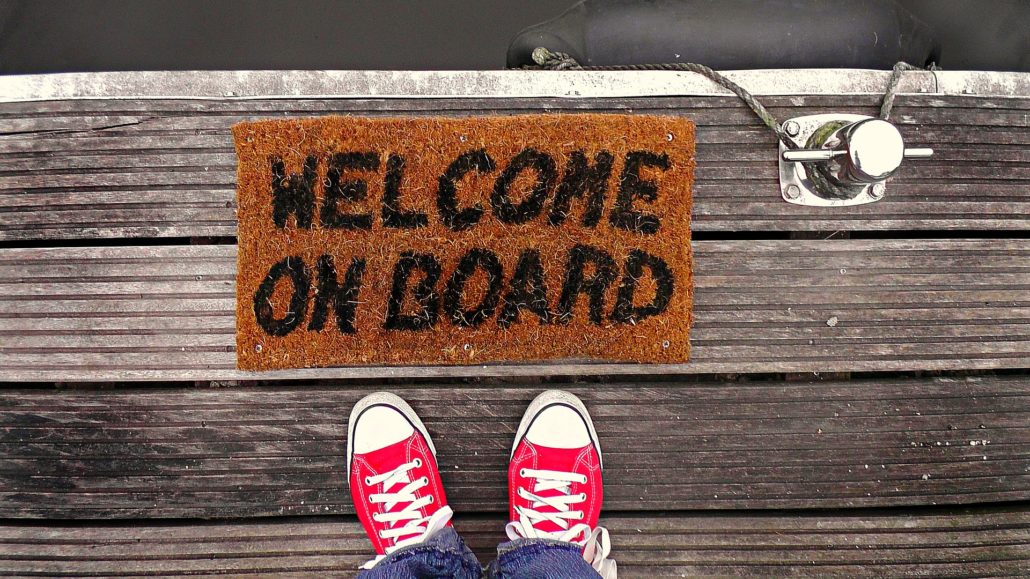Deaf Support For Deaf Business Owners
The deaf economy is taking shape and the number of deaf business-owners and deaf entrepreneurs is on the rise. Even though we still face a lot of challenges and prejudices, we have just as much business acumen as the hearing economy.
I’m writing this article due to the increasing interest among deaf and hard of hearing people to start their own businesses. Because my business, 121 Captions, is owned by a deaf person (me) and run by deaf and hard of hearing people who know first-hand the struggles and opportunities facing our industry, I want to provide you with a few nuggets of truth.
In this article I’ll be discussing:
- Should you be a deaf entrepreneur?
- Key enablers to starting your own business.
- Types of entrepreneurship for deaf entrepreneurs.
- Our greatest challenges.
- How to overcome struggles.
Should you start a deaf business?
The number of deaf people in the UK running their own businesses has grown by leaps and bounds, providing us with the opportunity to create an economic system within the deaf community.
When I refer to the deaf economy I mean the networks of deaf businesses, hard of hearing entrepreneurs and employees, as well as both deaf and hearing customers.
Whether you should start your own business or not can only be determined by reflecting on whether you have:
- A desire to make a positive impact in today’s world.
- A good product and/or service idea.
- Passion combined with experience and skill.
- A big enough market, understanding your market and have a strategy for reaching it.
- You are comfortable dealing with an uncertain income.
4 Key enablers for deaf business owners
The key reasons for the growth of deaf entrepreneurs in the UK are due to Access to Work and dramatic technological advances.
#1 Access to Work
If you are deaf or hard of hearing and live in the United Kingdom, you can apply for an Access to Work grant.
The government-funded grant supports disabled people, including deaf and hard of hearing people, in their initiative to become self-employed or start their own businesses. For example, our Access to Work Deaf Support Scheme supplies captioners who are deaf aware to help in your communication with hearing suppliers, employees and customers.
#2 Technology
Technological advances have enabled us to access networks, customers and suppliers. Social media, for example, helps us understand our market better and easily communicate and interact with them.
With the enhancement of technology, we are now able to implement a variety of communication strategies and build bridges to the rest of the world.
On a more deaf-person to hearing-customer level, there have been massive breakthroughs in hearing aids and other digital devices, like the Roger Pen, to help us understand what people are saying.
#3 Educational opportunities
UK businesses like the Deaf Business Academy helps deaf and hard of hearing entrepreneurs access the highest quality training, including courses on business development and marketing strategies.
Social Enterprise UK will help your business recruit and retain talented deaf employees.
#4 Increased awareness of deaf people
Okay, I’ll admit, society in general still has a far way to go regarding deaf awareness, but we’ve definitely made big progress. By continuing to educate hearing businesses and people about deaf and hard of hearing people, we’ll be provided with more opportunities to network and grow our businesses.
Types of deaf entrepreneurship
Deaf and hard of hearing people are more prominent in the business world than you might think. Some are lawyers and accountants, some run their own consultation and marketing companies. Of course, there are many deaf actors, yoga instructors and visual designers too.
According to a 1989 study conducted on Deaf People as Entrepreneurs, Harris, R. listed two specific types of deaf entrepreneurship, which I believe is still valid today.
- Hard of hearing entrepreneurs predominantly providing deaf services and products to the general population.
- Larger market and more opportunities for expansion.
- Higher costs involved due to the need for interpreters and other access services.
- Deaf entrepreneurs focused mainly on marketing to deaf and hard of hearing people in their own deaf community.
- The market might be too small, limiting growth.
- More opportunities for ease of communication and joint ventures with similar businesses.
Barriers to success
I’m sure these are all very well known to you, but I want to make sure you have both eyes open when deciding to become self-employed.
- You will constantly have to prove to hearing people that you can run a business.
- Even government agencies are under the impression we are not competent and experienced enough.
- You will be approached with assumptions and prejudices, even by other deaf people.
- Developing the right connections is always a struggle.
- It is difficult to join mainstream business networks and entrepreneurial events.
- It’s always going to be frustrating communicating with hearing customers and employees who are not deaf aware.
However, deaf people are fully able to meet customers’ needs even though communication can be a struggle at the beginning. I am proof of that. People and businesses who have had little to no experience interacting with a deaf and hard of hearing person are a bit more difficult, but I’d rather view this as an opportunity to spread deaf awareness.
Overcoming barriers
Innovative entrepreneurial activities by other deaf people have empowered us to create our own businesses and thrive in today’s economy. The growth of so many new deaf and hard of hearing businesses is partly due to:
- Deaf and hard of hearing events: Events developed so deaf businesses can promote themselves, their deaf services and their products while building social
- Networking: Similar to the above, with the difference of being geared toward deaf business owners and entrepreneurs connecting.
- Deaf support systems: Your system might include your family, friends and other deaf professionals and organisations. Use your deaf support system for financial capital, sharing of resources and emotional support.
- The deaf community: Many entrepreneurs use the deaf community as their starting point to launching their business and then move forward with their enterprises when success was achieved in the smaller market.
Use the above resources to overcome barriers to success and achieve your dream of starting your own business. It’s important that we invest in ourselves and other deaf entrepreneurs to fuel and encourage collaborative efforts by universities, agencies and corporations.
Deaf business owners are nothing new to the business world, in fact, it’s expected that more deaf people will become involved in creating new business ventures in the near future.
Which is why forward-thinking hearing businesses would do well to make sure they are also set up in a way to facilitate and support partnerships with deaf-owned businesses and deaf customers. If not, they will miss out on some very lucrative marketing opportunities.
Networking opportunity: Contact me and let’s see if we can do business together.
Resources:
- Atkins, W.S. (2011). Exploring the lived experiences of deaf entrepreneurs and business owners.
- HR Outsourcing. Opportunities and obstacles for deaf business owners.
- Zhi Xu, S. (2014). The emergence of a deaf economy.
Leave a Reply
Want to join the discussion?Feel free to contribute!





Woot! It’s about time to shine!
Hello, I wax reading your vlog about how to become a deaf owner. I didn’t realize it is in UK. I am from Texas, USA. I always want to be a deaf owner as an artist and chef. My hearing friend gave me his idea, Artaste. I thought it is cool. He see the potential on me that I should be owning a business because I sell a lot of artworks that supposed to be mine and I didn’t get commission. I have Bern wanting to do this. I couldn’t find what I want to do. It seems I am stuck. Many hearing friends told me I have so much talented and should go far. I still have problems with my boss. I feel disadvantaged by my ability. How can I find someone who can guide me to the right direction?
Hi Carlos. Do you know of anyone who is working in art that you look up to? Or a local artist or teacher? You can ask them to mentor you. Also look for people online in forums, or on LinkedIn. Good luck!
I am hard of hearing and going deaf, my wife and a friend are helping me with starting an online tea shop called Angel Hearts Tea Room.
I am wanting to start online to build financial freedom instead of getting loans.
I am on several deaf and hard of hearing sites and as well getting major support from my Facebook community from Oklahoma city as well.
I was in management for almost twenty years. My wife was management and our friend that’s helping worked at a bank herself.
We are wanting to go online in mid January.
Angelheartstearoom1@gmail.com is our web site.
Business is not new but my own company is, we have distributors and many contacts.